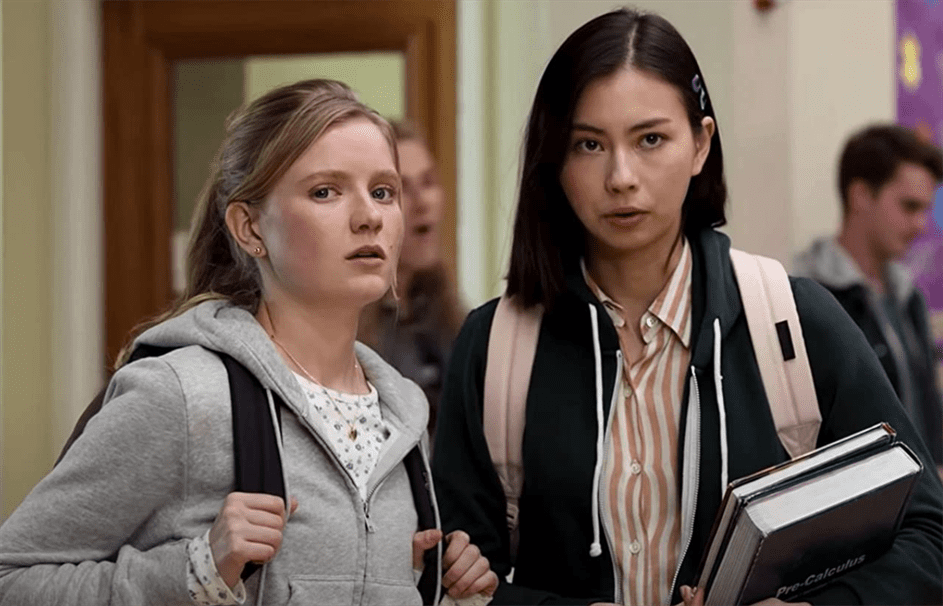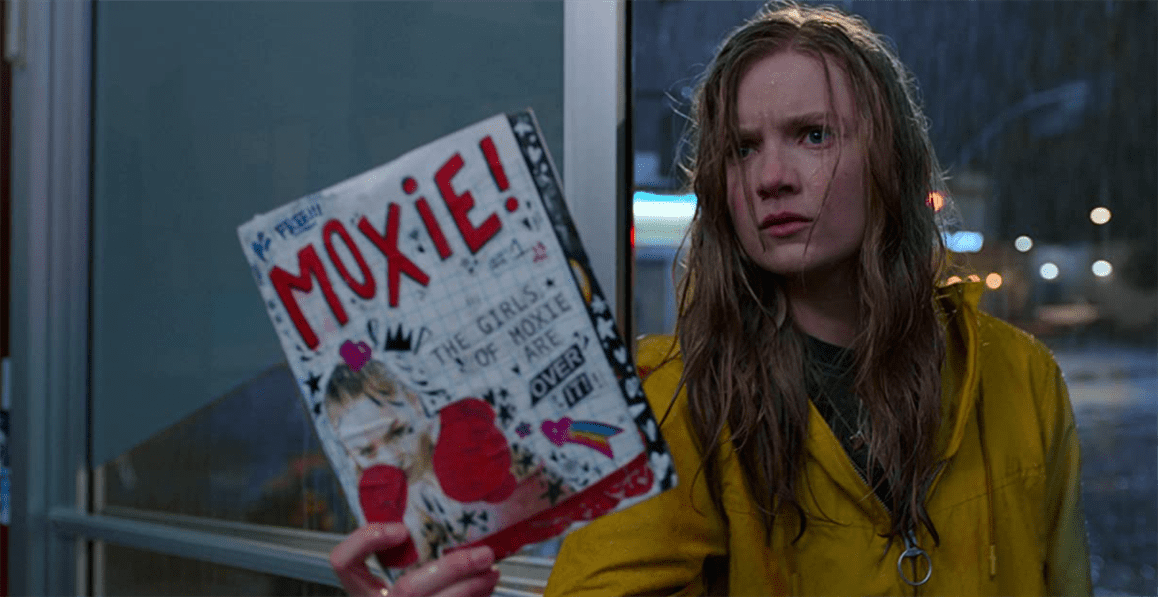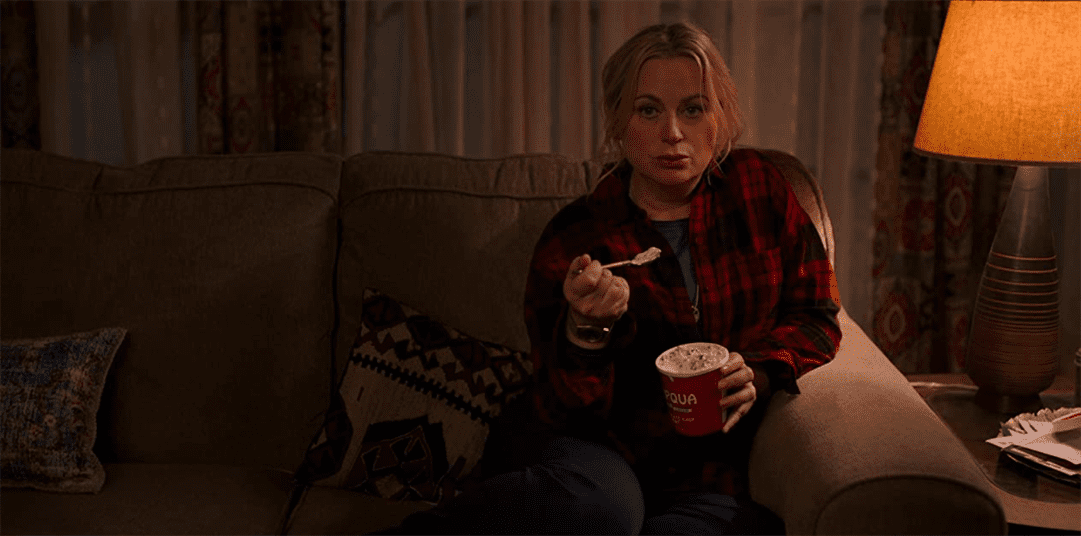“Moxie,” released on March 3, is a heartfelt comedy directed, produced and starring Amy Poehler, who sheds light on feminism throughout.
The film begins with a 16-year-old girl who is considered an outcast. It is a clichéd storyline, but comes with a satisfying twist: teenage girls who fight the patriarchy and call out unfair treatment in their environment.
“Moxie” shows viewers what happens when women stick together and fight for equality, whereas in films such as “Mean Girls” and “She’s All That,” they go against each other and compete to see who is better.
In early 2000s chick flicks, the stereotypical nerd girl often looked like a bookworm, with glasses and braces and would end up with the popular football player or bad boy after going through a dramatic transformation and becoming the female protagonist society considers cool and beautiful.
Other films in this category often show women degrading other women as well. When girls are depicted as having experiences different than the ones of a regular teenager, they are judged and looked down upon. Males who find themselves in the same boat, however, are not shamed or humiliated like their female counterparts but are instead applauded for it. Women’s equality, especially among teenage girls, has rarely been successfully showcased in films.
“Moxie” revolutionizes this genre of film in an inspiring manner as it shows women sticking up for each other, in addition to feminist males joining the fight against the patriarchy. It is also satisfying to see the boys who treat women poorly get what they deserve.
At the beginning of the film, the main protagonist, Vivian Carter, played by Hadley Robinson, sits in the back of her high school classroom as she does not like being the center of attention and would rather keep her opinions to herself. As the movie gradually progresses, so does her character.
Vivian becomes more confident, which can be seen in her decision to start sitting in the front of her classroom and speaking her mind. This is with the help of new girl Lucy Hernandez, played by Alycia Pascual-Peña, who rebels against the high school’s normalization of the degradation of women.

Hadley Robinson (left) and Lauren Tsai (right) play best friends, Vivian and Claudia.
Photo courtesy of Netflix
The character development in the film also stands out to many. Vivian’s growth is satisfying to see as she is a teenage girl starting to pave her own journey in terms of what she deems important. One may see Vivian rebelling and doing things that can get her expelled, but she is merely expressing her anger — and rightly so.
Vivian’s best friend, Claudia, played by Lauren Tsai, is a character I could not resonate with in the beginning, as she initially comes off as a typical, jealous best friend. This changed as I kept watching the film as I realized she is misunderstood. By the end, I came to love her background.
Relaying an underlying theme of racial discrepancies, there is one point in the film where Claudia tells Vivian that in some aspects, she is not as privileged as her.
“Not everyone can speak their mind and do as they please,” Claudia said.
Claudia then goes on to explain that her mother came to this country for her and that because of their difference in race, it is not as easy for Claudia to do as she wishes in the same way it is for Vivian.
The film not only sheds light on women being overlooked and ignored, but also directs some of that spotlight onto minorities. It shows how sometimes, they may not have the freedom to use their voice at their disposal, as it could put them at risk for losing everything they have worked for.
Claudia and Lucy speaking their native languages is another standout occurrence in the film, as it glorifies the roots of the actors within the characters they portray. Poehler did an exceptional job linking identity to freedom in her characters by showing their growth throughout the film.
With an overarching message of speaking up and fighting for your truth, “Moxie” is a must-watch film, teaching viewers that even in a crowd of people vastly different than you, whether that be due to gender, social or economic differences, you are not alone.




